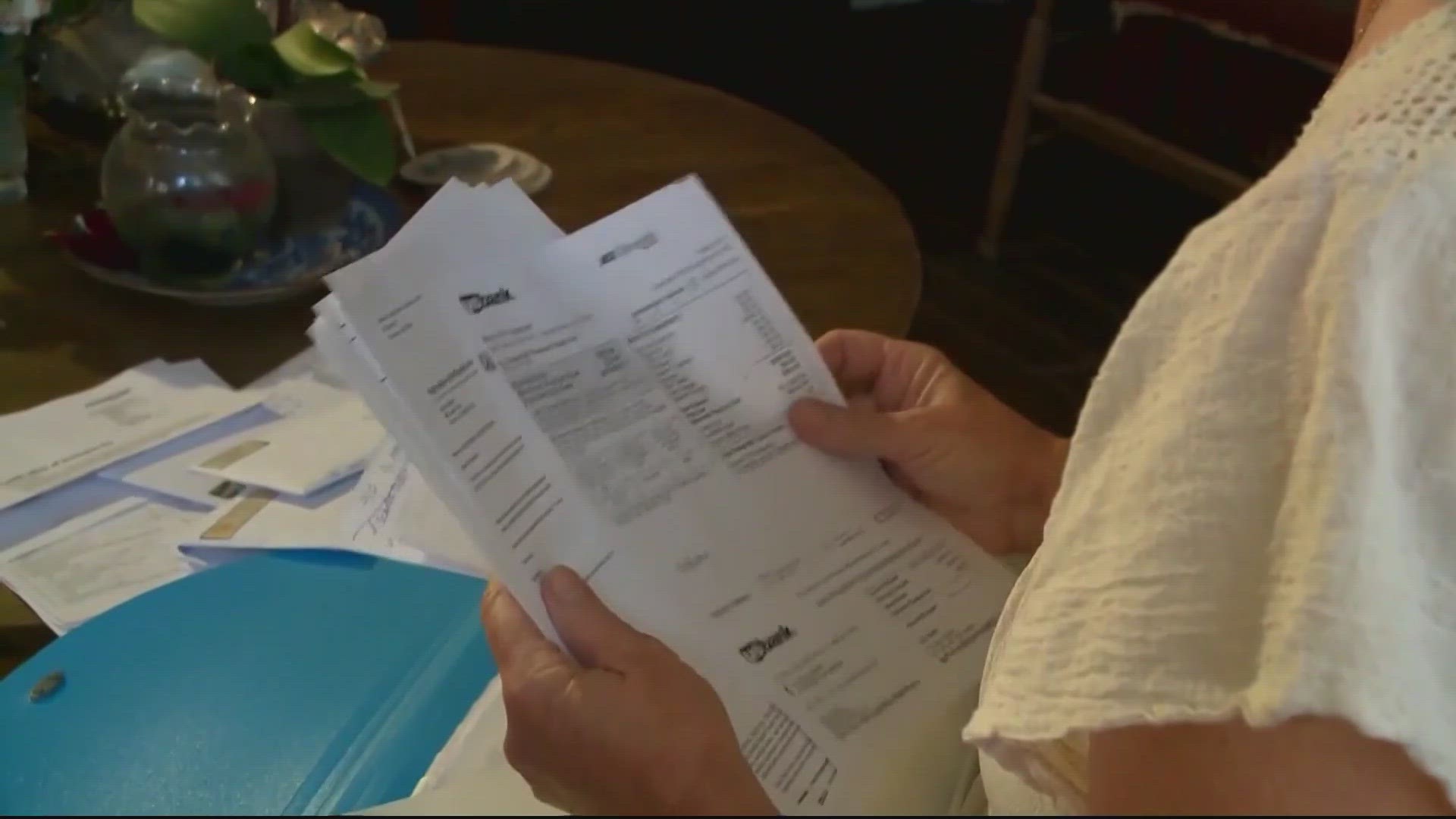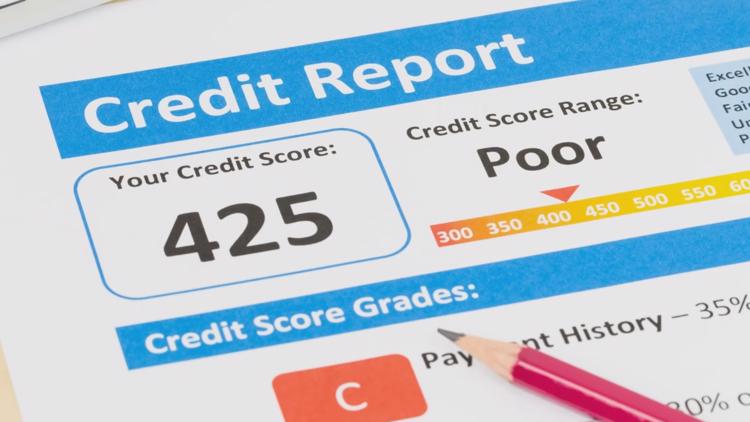WASHINGTON — At the tender age of 5, Jose Rodriguez experienced one of many life-altering moments. He, along with his 4-year-old and infant baby sisters, were abandoned at a bus stop.
“Our feet could not reach the floor of the bus stop bench,” he remembered.
Rodriguez said that moment on the bus stop bench would be the beginning of a childhood spent in foster care. He and his sister were shuffled from house-to-house. Once he turned 18, he could live on his own – on his own terms, he thought.
“You know, the grind after 18 didn’t stop. It just continued,” he said. “I was ready for it.”
Ready to live on his own, Rodriguez hurried to fill out an application to rent an apartment. The application came back. It was denied.
Suspicious, he received a copy of his credit report. To his surprise, it was riddled with inaccurate information that led to a bad tenant score.
“I mean, I was shocked,” he said.
The report included jewelry and lumber purchases he never made, a student loan that wasn’t his, and a car he didn’t own. There was also a slew of criminal charges from making terrorists threats to public intoxication. But Rodriguez never had an encounter with law enforcement, nor had he ever been charged with a crime. His credit report, however, told a different story.
“I was like, what do I do now,” he said. “I didn’t know what to do.”
Credit report errors costs man shot at a normal life
Since most credit reporting agencies use your name and basic information to confirm your identity, having a common name like Jose or Mary or Jordan for instance, can make mistakes more common.
According to the Federal Trade Commission, errors like these cost consumers $8.8 billion in 2022, with 2.9 million consumer affected.
“Clean up after fraud is a big deal and can be time consuming,” said John McNamara, Principal Assistant Director at the Consumer Financial Protection Bureau (CFPB). “When consumers [tell] us that they're having problems with inaccurate information, it’s primarily the result of identity theft fraud. So, they're trying to do cleanup.”
The CFPB was created in 2011 to protect consumers against financial crimes and unfair practices by credit reporting agencies like Experian, Transunion, Equifax.
“[Credit Reporting Agencies] play an enormous role,” McNamara explained. “I'm sure consumers and regulators wish they would play a bigger role.”
If you are concerned about your credit report, McNamara said to put a fraud alert on your account. You can take it a step further and freeze your credit accounts, preventing others from accessing your credit. And be sure to ask questions and do your research before getting credit from any company.
“Fraud continues to evolve really, really fast,” he said. “New technology often brings benefits for folks. And it brings benefits for fraudsters as well.”
As for Rodriguez, he wished he knew early on where to turn when fraudulent items started appearing on his credit report. But with few options now, he hired an attorney to help it out.
“I am still an individual at the end of the day, and I need my individual entity to make sure that it's not tarnished because of somebody else,” he said.
WATCH NEXT:







